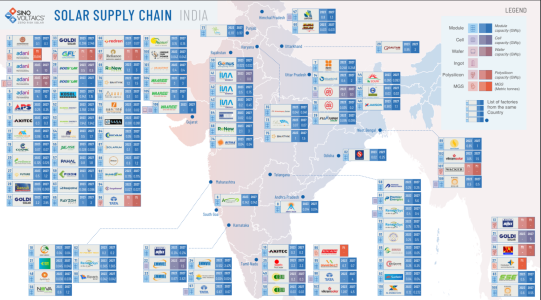It features 136 bridges — including seven large ones — and four train stations built with resilient, corrosion-resistant materials.

www.yahoo.com
India prepares new infrastructure with first-ever high-speed railway test track — with speeds reaching over 140 mph
India is building its first-ever high-speed railway test track, adding further shape to the country's massive 7 trillion rupee (nearly $83 billion) investment in track infrastructure over the next decade.
Railway Supply reported news of the forthcoming test track and branded it a "milestone achievement" for the nation. It will be operated by India's state-run railway system, Indian Railways, and comes with a price tag of 8.2 billion rupees (just over $97 million).
The approximately 37-mile track will be able to support trials for bullet trains that go over 140 mph. Its location is about 50 miles away from Jaipur, and the test track will also support testing for the semi-high-speed and metro trains that constitute much of India's current daily passenger service.
The aim will be to use the test track to incorporate new technologies like bullet trains while avoiding any disruption in the already-existing train infrastructure. The test track's scope is expansive. It features 136 bridges — including seven large ones — and four train stations built with resilient, corrosion-resistant materials.
The tracks include several specialized loops tailored to test specific aspects, such as an 8-mile loop designed for high-speed testing and a 4.3-mile loop to assess damaged tracks.
Railway Supply asserted that the test track will enable Indian Railways to do all testing domestically, thereby reducing the need for external facilities and optimizing regular service in India.
India's commitment to high-speed rail is great news for the planet. A study on China, a global leader in bullet trains, showed that rail produces just one-seventh of the carbon pollution of air transit per passenger. India has already bought land for the forthcoming bullet trains.


















